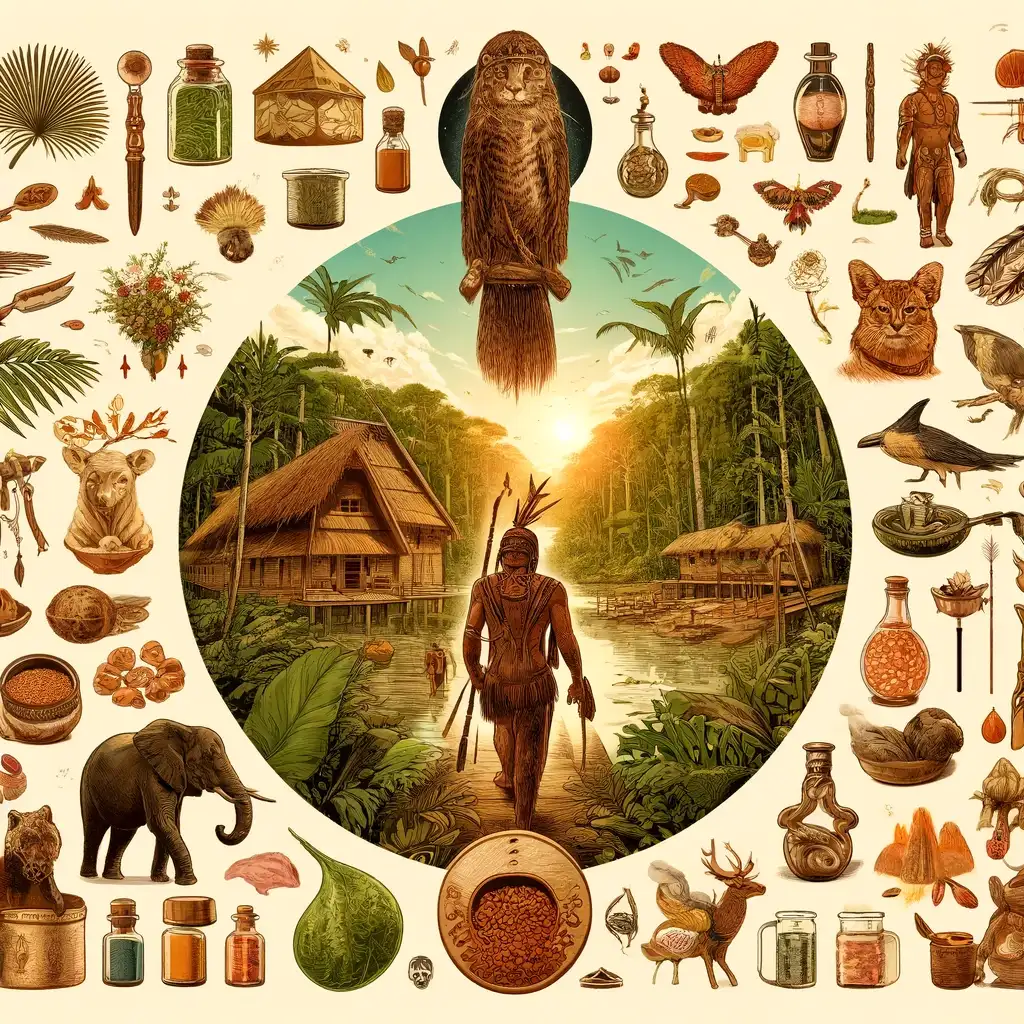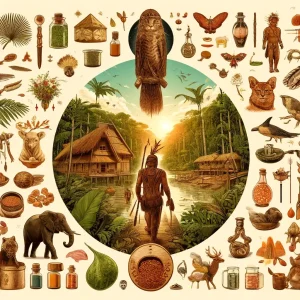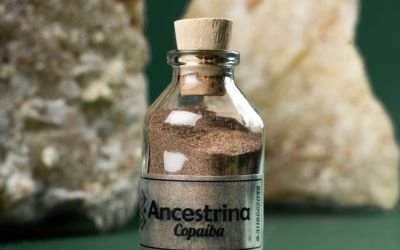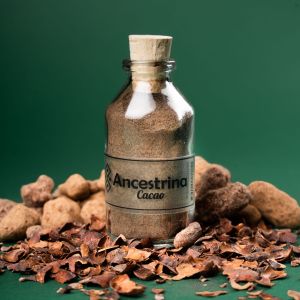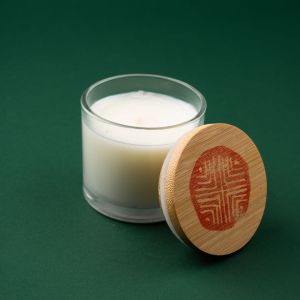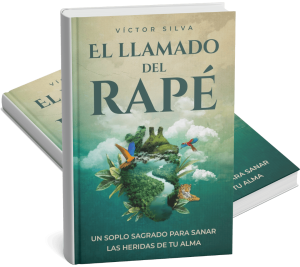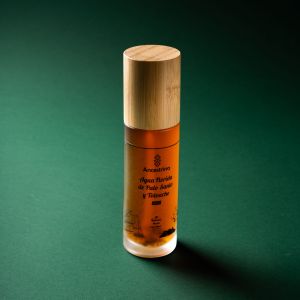The Bororo tribe, self-styled Boe, is famous for its intricate social structure and deep roots in ceremonial traditions. This article explores the dynamics of this fascinating tribe, from its history to its adaptation to modern challenges.
History and Name
The Bororo, whose name means “village courtyard”, reflect this definition in the circular arrangement of their dwellings around a central communal space. Over the centuries, they have been known by various names, including Coxiponé and Cuiabá, but they self-identify as Boe. This community has faced and resisted the effects of colonization for at least 300 years, preserving its political and cultural autonomy.
Social and Ceremonial Organization
Bororo life is deeply intertwined with rituals that mark important life transitions, such as initiation and funeral rites. Bororo village is divided into two exogamous halves, Exerae and Tugarége, each subdivided into four main clans. These clans, which include diverse families, are central to the social organization and marriage practices of the group.
Knowledge of Nature and Ceremonial Life
The Bororo have extensive knowledge of their environment, identifying multiple ecological zones that dictate their interaction with the local flora and fauna. This knowledge is reflected in their diet, medicine, and use of natural resources, which are celebrated and transmitted through ceremonies that reinforce tribal cohesion and identity.
Politics and Autonomy
Despite the changes introduced by interaction with the outside society, the Bororo villages maintain forms of government that combine traditional structures with modern adaptations. This includes the figure of the Brae eimejera, or chief who negotiates with non-indigenous people, showing how the Bororo have been able to integrate new elements without losing their cultural identity.
Challenges and Perspectives
Facing challenges such as the fragmentation of their territory and the pressure of external economic activities, the Bororo continue to fight for their right to a coherent territory that is representative of their cultural heritage. This resistance is vital not only for their physical survival, but also for the preservation of their rich cultural tradition.
This journey through Bororo history and culture shows how a town can adapt to changes without renouncing its essence, combining tradition with innovation to face the challenges of the future.
Explore more about your spiritual and ancestral well-being with Ancestrina. Visit our store to discover authentic products that connect you with ancestral traditions, or join our community to learn more and share your experiences. Your journey towards holistic well-being starts here! Click here to learn more and begin your journey with us.

